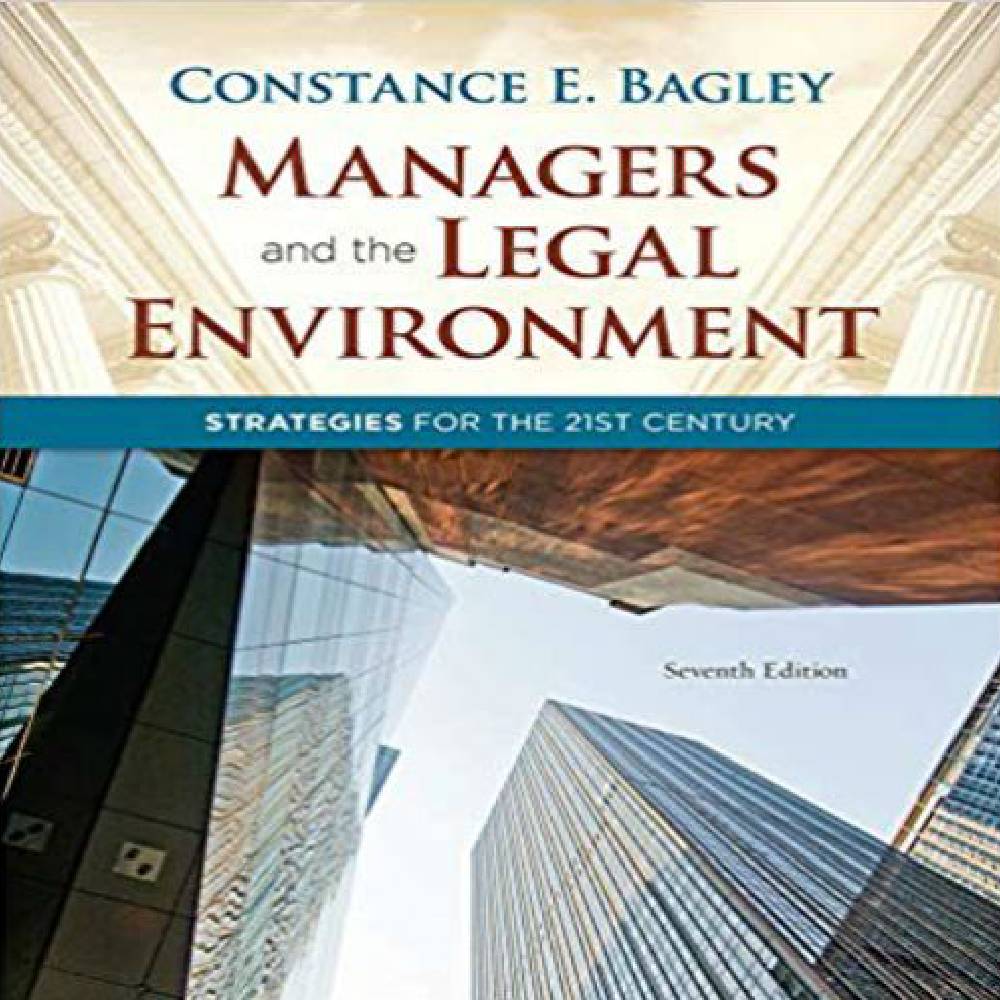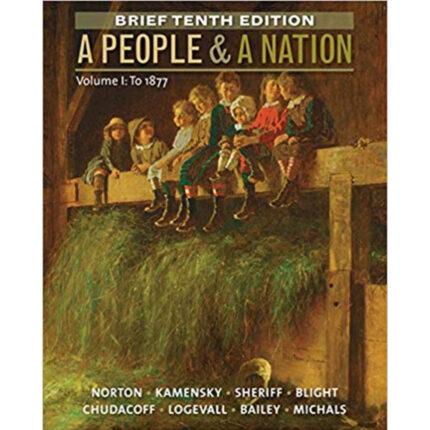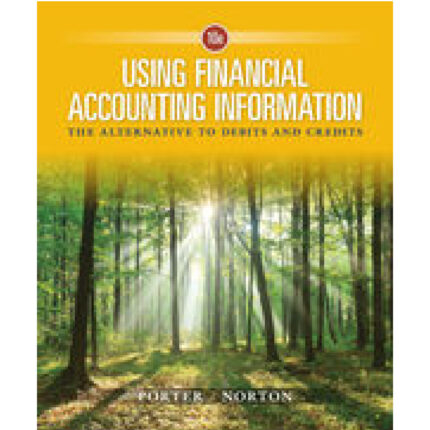CHAPTER 11
Intellectual Property
TRUE-FALSE QUESTIONS
1. After a patent expires, the invention is dedicated to the public.
ANSWER: True
SKILL LEVEL: Analytic
OBJECTIVE: AICPA: Legal
2. A copyright is a government-granted right to exclude others from making, using, or selling an invention.
ANSWER: False
SKILL LEVEL: Analytic
OBJECTIVE: AICPA: Legal
3. Intellectual property is any product or result of a mental process that is given legal protection against unauthorized use.
ANSWER: True
SKILL LEVEL: Analytic
OBJECTIVE: AICPA: Legal
4. Copyright protection does not extend to derivative works.
ANSWER: False
SKILL LEVEL: Analytic
OBJECTIVE: AICPA: Legal
5. A patent holder must personally make use of the invention.
ANSWER: False
SKILL LEVEL: Analytic
OBJECTIVE: AICPA: Legal
6. The patent practice of other countries is often different from that of the U.S.
ANSWER: True
SKILL LEVEL: Diversity
OBJECTIVE: AICPA: Legal
7. An invention is “novel” if it is explained in book format.
ANSWER: False
SKILL LEVEL: Analytic
OBJECTIVE: AICPA: Legal
8. A trademark does not necessarily reveal the product’s manufacturer.
ANSWER: True
SKILL LEVEL: Analytic
OBJECTIVE: AICPA: Legal
9. The packaging or dressing of a product may be protected under the trademark laws as trade dress.
ANSWER: True
SKILL LEVEL: Analytic
OBJECTIVE: AICPA: Legal
10. Trade secrets are protected for an indefinite time.
ANSWER: True
SKILL LEVEL: Analytic
OBJECTIVE: AICPA: Legal
11. The U.S. Supreme Court ruled that living organisms can be patented if they are human-made.
ANSWER: True
SKILL LEVEL: Analytic
OBJECTIVE: AICPA: Legal













Reviews
There are no reviews yet.